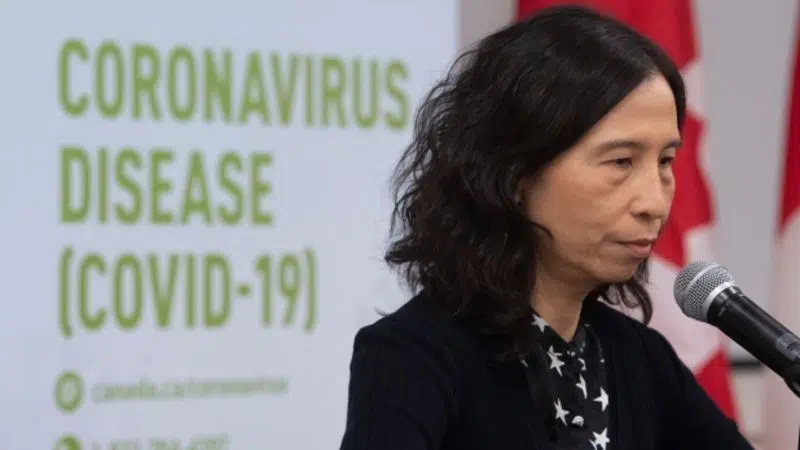
The latest developments on COVID-19 in Canada
The latest news on the COVID-19 global pandemic (all times Eastern):
4 p.m.
Saskatchewan says it has eight additional cases of COVID-19, doubling its number of cases to 16.
Officials say in a news release that there are two confirmed cases and 14 presumptive positives.
